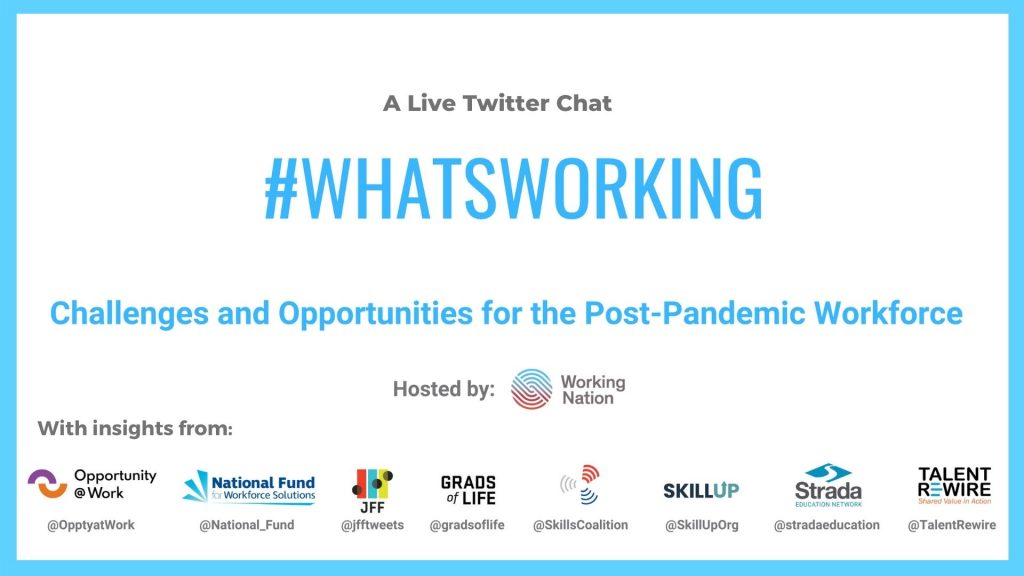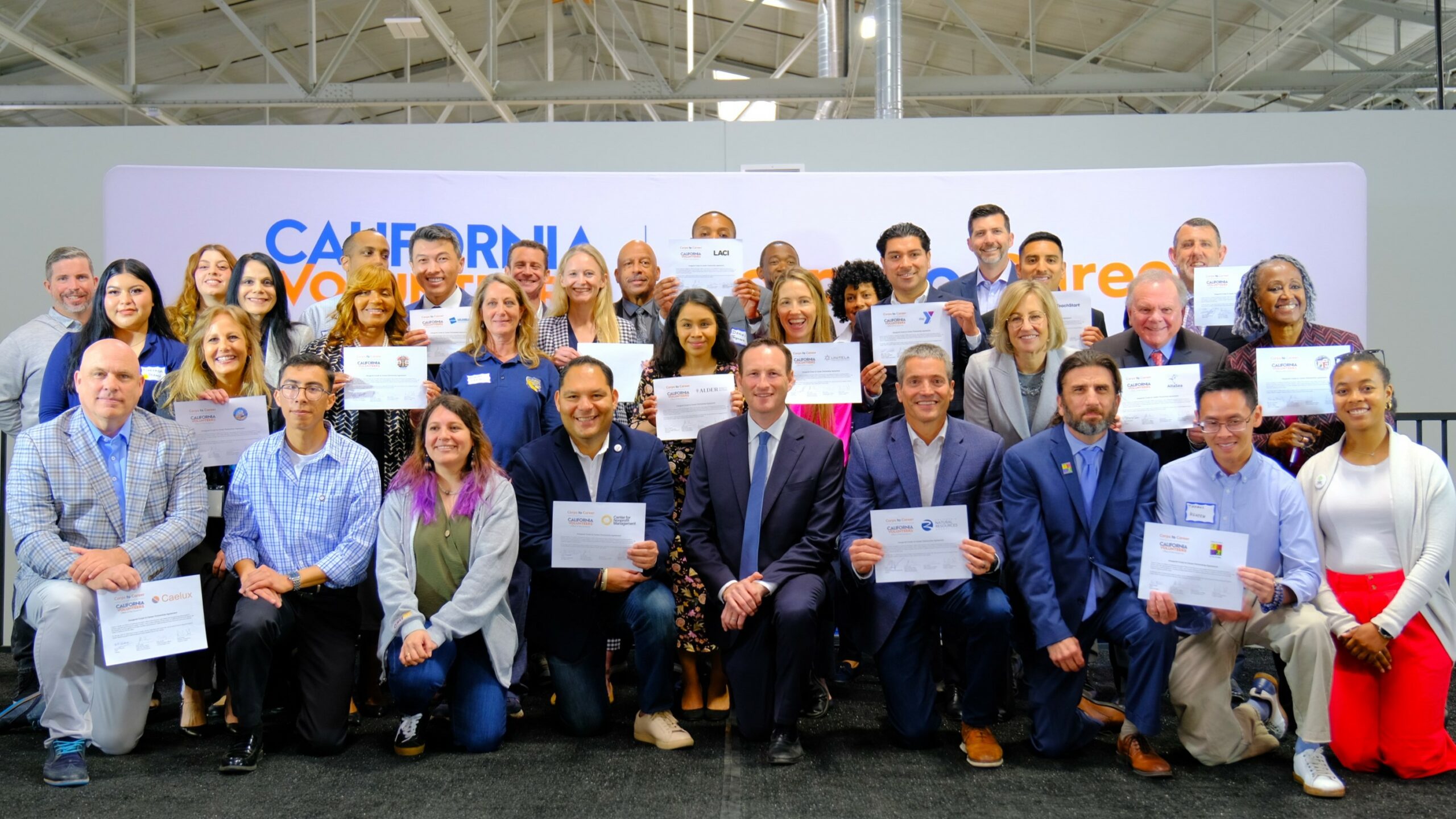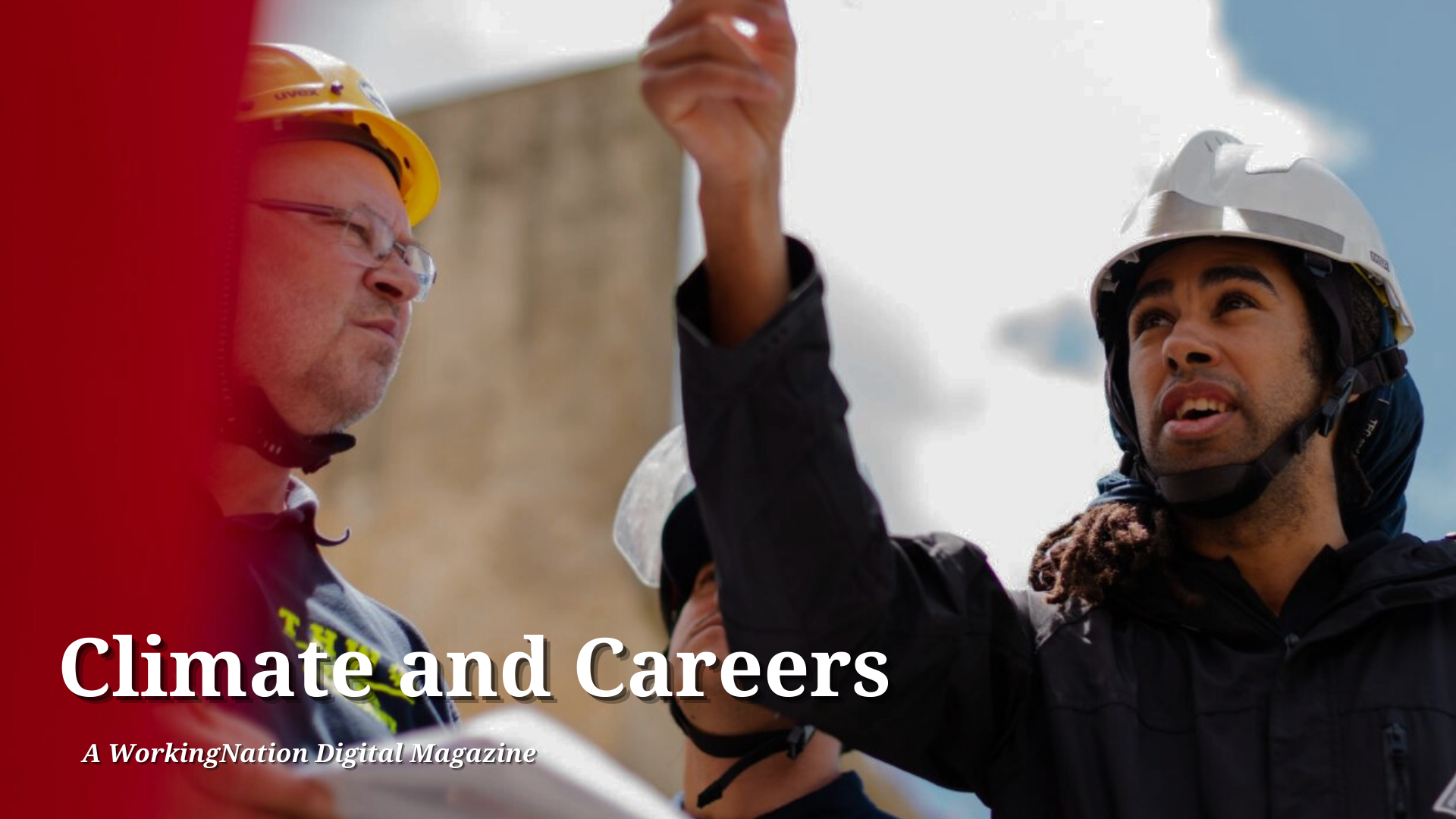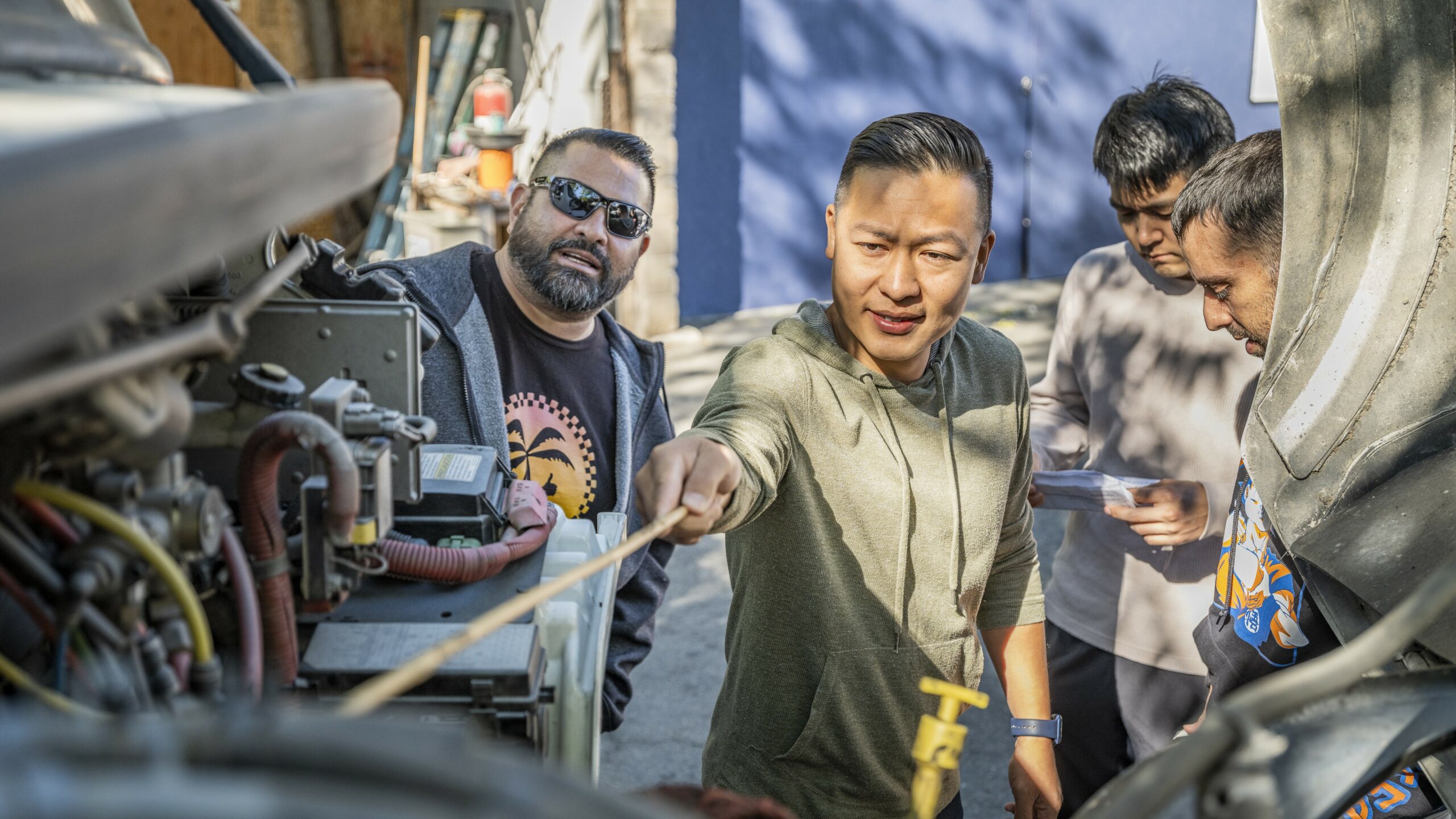Thought leaders in education, business, workforce development, training programs, and more gathered on Thursday for a Twitter Chat to share their strategies as Americans try to navigate their way back to the workplace. At the heart of the discussion was how to build a more just and equitable economy—one creating opportunities for all workers—post-pandemic.
WorkingNation hosted an hour-long live discussion on the social media platform, a conversation that has continued to evolve over the days. We asked to hear #WhatsWorking and where are the challenges. Hundreds of groups and individuals joined the event led by Opportunity@Work, National Fund of Workforce Solutions, JFF, Grads of Life, National Skills Coalition, SkillUp, Strada Education Network, and Talent Rewire.

The pandemic has left millions unemployed and stakeholders are aggressively addressing the issues that job seekers face.
There were thousands of Tweets, comments, and retweets. The conversation was robust, exciting, and encouraging.
We can only share a sampling. Start here, then visit Twitter and search the #WhatsWorking hashtag to join the conversation.
Opportunity@Work reminds that frontline workers are STARs—Skilled Through Alternative Routes. A STAR does not have a college degree, but has, at least, a high school diploma. The majority of these 71 million workers have skills that could be transferable for higher-wage work.
A5: (1/3) To ensure STARs don’t get left behind in the recovery, Opportunity@Work is moving quickly to scale the marketplace so millions more STARs can access career pathway jobs. #whatsworking #wkdev #HireSTARs https://t.co/Arm8iTUNJm
— Opportunity@Work (@OpptyatWork) September 3, 2020
JFF says processes for services can be made smoother. “Greater alignment across our nation’s social programs to avoid duplication of services and contradictory eligibility requirements – and more $$$ behind these efforts would be great, too!”
A5.1 We are calling on business, education, private investment, and government leaders to seize this opportunity and collaborate in radical new ways to support our most vulnerable workers and families. https://t.co/F9L7MjFBhL #WhatsWorking
— JFF (@jfftweets) September 3, 2020
Talent Rewire tweeted that “in the months ahead we’re holding Rewire Accelerators to help employers rewire their talent practices to support & advance their frontline employees.” They shared a link for their Resetting for an Equitable Future information page.
The National Fund emphasized the need to create a more inclusive workforce post-COVID.
A5: The economic situation has changed, but our priorities have not. We are leveraging our amazing network to apply our five solutions and redesign a post-COVID economy around #racialequity and #goodjobs #whatsworking https://t.co/34AHKeL1ek
— National Fund (@National_Fund) September 3, 2020
San Diego Workforce Partnership’s Peter Callstrom also calls for robust collaboration. “Lift up and empower our field by sharing best practices. There are 550 workforce development boards – widely different in scale and resource. We have to be nimble, learn and adapt from what we are all doing.”
SkillUp Coalition says workers need to be guided through the entire process of re-employment. They need support assessing career options, finding good training, and connecting with employers.
A5: @SkillUpOrg, & the whole SkillUp Coalition, will be unwavering in our support of #COVID-displaced workers. We want to ensure everyone who lost work because of coronavirus has the guidance & support they need to break into promising careers in growing industries. #whatsworking https://t.co/cXrX2fVlXo
— SkillUp Coalition (@SkillUpOrg) September 3, 2020
Penn Foster Partners says it has joined SkillUp Coalition “to help people break into growing career fields, especially those who have lost their jobs or wages due to the pandemic.”
Many participants vowed to address the needs of underserved communities. Strada Education Network says more equitable learning and employment opportunities will be available through “action-oriented research, thought leadership, philanthropy, and strategic investments.”
We plan to continue to listen closely to the needs of learners and workers during this time + use those insights to invest in system-wide solutions! Learn, Connect, Build. #whatsworking #listen #learn #support (2/3)
— Strada Education Network (@stradaeducation) September 3, 2020
Grads of Life tweeted “We are also hopeful about, and hope to see more of, increased understanding of the inextricable links between racial and economic justice. We cannot have one without the other, and will move faster toward a truly inclusive economy when that truth is centered.”
The National Skills Coalition committed to working towards an equitable future of all American workers, and announced it will release its guide for making that happen.
A5: NSC is committed to working towards an equitable future for America’s workers.
Stay tuned: next week we’ll release our vision, principles, and goals for an inclusive economic recovery that will guide our coalition’s work over the next two years. #whatsworking 1/2
— National Skills Coalition (@SkillsCoalition) September 3, 2020
“Minority-owned financial institutions need greater support, as well – which will allow them to better support and lift their communities.” This from the Milken Center for Advancing the American Dream.
The philanthropic sector in the U.S. is a $450 billion dollar industry, according to the Center for Workforce Inclusion, a nonprofit that creates employment pathways for low-income, older job seekers. Gary Officer, president and CEO of CWI, notes less than two percent of those philanthropic funds are directed to aging-related programming.
Q. The U.S. PHILANTHROPIC sector is a $450 billion industry. Less than 2% is granted to aging related programming, probably the same for workforce development. How can we collectively change the abysmal support for our movement? Innovation req private funding. #whatsworking
— Gary A Officer (@garyaofficer) September 3, 2020
Stuart Andreason is director of the Center for Workforce and Economic Opportunity at the Federal Reserve Bank of Atlanta.
We have joined the #reworkamerica alliance with the @MarkleFdn to bring labor data, training, coaching and implementation strategies to communities #whatsworking
— Stuart Andreason (@StuartAndreason) September 3, 2020
Andreason says the Twitter Chat engagement was powerful. “This is like drinking from a fire hose. So many great ideas. I am going to be reading and rereading all of this. When is the next?”
You, too, can catch up on all the ideas flowing out of this Twitter Chat. And can keep the conversation going on Twitter by tweeting your solutions to #whatsworking.











